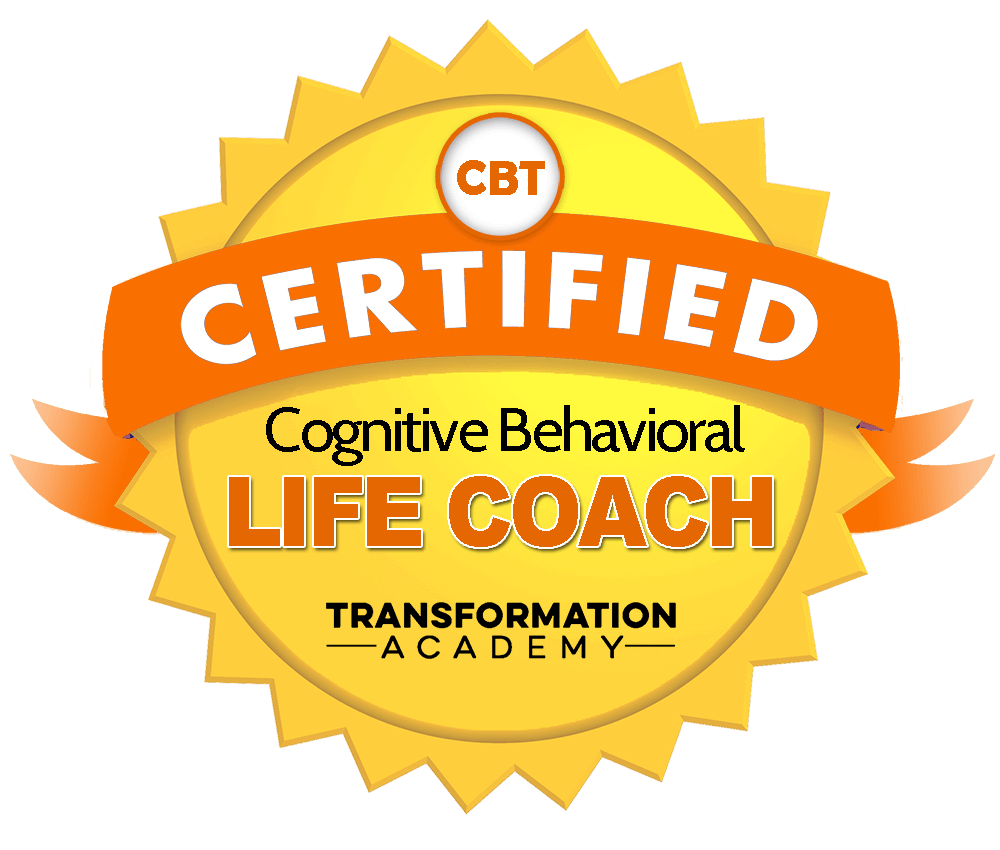5 Life Coach Tips

In the realm of personal development, life coaching has emerged as a pivotal catalyst for transformation, empowering individuals to navigate life’s complexities with ease and purpose. A life coach is not merely an advisor but a collaborator who guides you in uncovering your inner strengths, setting meaningful goals, and devising strategies to achieve them. At the heart of effective life coaching lie several key principles and practices, designed to foster growth, enhance resilience, and illuminate the path to success. Here are five indispensable life coach tips that can significantly impact your journey towards a more fulfilling life.
1. Embrace a Growth Mindset
A foundational principle in personal development, the growth mindset, as coined by Carol S. Dweck, is the understanding that your abilities and intelligence can be developed. This mindset is pivotal because it transforms challenges into opportunities for growth, rather than threats to the ego. By embracing a growth mindset, you open yourself up to learning from failures, seeking feedback, and persisting in the face of obstacles. A life coach can help you identify areas where a fixed mindset might be holding you back and guide you in cultivating a more adaptive, resilient approach to challenges.
2. Set SMART Goals
Setting goals is an integral part of the life coaching process. However, not all goals are created equal. SMART is an acronym that stands for Specific, Measurable, Achievable, Relevant, and Time-bound. Goals that fit this criteria are more likely to be accomplished because they are clear, actionable, and have deadlines. A life coach can assist in refining your goals to ensure they align with your values and are structured in a way that sets you up for success. For instance, instead of saying “I want to be healthier,” a SMART goal would be “I will decrease my body fat percentage by 5% in the next 6 months by exercising for 30 minutes, 3 times a week, and reducing my daily sugar intake to under 20 grams.”
3. Practice Mindfulness and Self-Care
Mindfulness and self-care are essential components of a balanced and fulfilling life. Mindfulness involves being fully present and engaged in the current moment, while self-care encompasses activities that promote your physical, emotional, and mental well-being. A life coach can help you develop a mindfulness practice tailored to your lifestyle, whether through meditation, deep breathing exercises, or simply taking a few minutes each day to focus on your breath. Similarly, they can guide you in identifying and prioritizing self-care activities that nourish your body and soul, such as reading, spending time in nature, or engaging in a hobby.
4. Develop Resilience
Resilience is the capacity to recover quickly from difficulties; it’s a quality that can be developed over time with practice and patience. A life coach can provide you with strategies to enhance your resilience, such as reframing negative thoughts, building a support network, and learning to accept and learn from failures. One effective approach is the practice of gratitude, where you focus on the things you are thankful for each day, no matter how small they may seem. This helps in shifting your perspective, making you more resilient to stress and setbacks.
5. Cultivate Positive Relationships
The relationships you have with others can significantly impact your well-being and success. Surrounding yourself with positive, supportive people can provide encouragement, motivation, and valuable connections that can aid in your personal and professional growth. A life coach can help you evaluate your current relationships and offer advice on how to nurture the positive ones and establish healthy boundaries or distance yourself from those that are toxic or draining. They might also suggest ways to expand your social circle, such as joining clubs or groups that align with your interests, volunteering, or attending networking events.
Conclusion
Life coaching is a personalized process that helps individuals achieve their goals and improve their overall quality of life. By embracing a growth mindset, setting SMART goals, practicing mindfulness and self-care, developing resilience, and cultivating positive relationships, you can embark on a transformative journey of self-discovery and growth. Remember, the journey to a more fulfilling life is unique to each individual, and what works for one person may not work for another. Working with a life coach can provide the personalized guidance and support needed to navigate this journey effectively.
What is the primary role of a life coach?
+A life coach guides individuals in identifying and achieving personal goals, fostering personal growth, and improving overall well-being through various strategies and techniques.
How does one choose the right life coach?
+Choosing the right life coach involves considering their area of specialization, experience, testimonials from previous clients, and your personal comfort level with them. It's also essential to ensure they are certified by a reputable coaching organization.
What are the benefits of life coaching?
+The benefits of life coaching include enhanced self-awareness, improved goal achievement, better time management, enhanced resilience, and overall improvement in personal and professional life.
In the dynamic and ever-evolving landscape of personal development, life coaching stands out as a beacon of personalized support and guidance. By integrating the principles outlined above into your lifestyle, you can navigate life’s challenges with greater ease, purpose, and fulfillment. The journey to a better version of yourself is ongoing, and with the right mindset, strategies, and support, you can unlock your full potential and live a life that truly resonates with your deepest aspirations and values.

